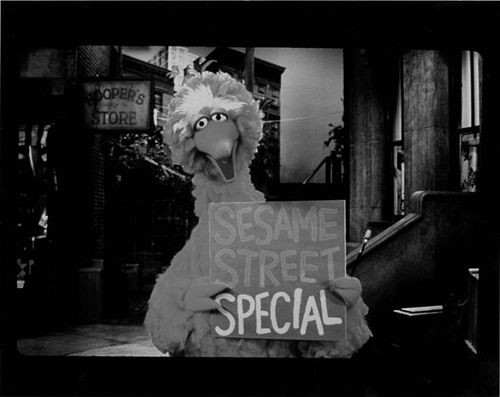Toddlers Learn Language Faster Via Video When It’s Interactive: What Will The Future Of Children’s TV Programming Look Like?

Toddlers can absorb a language while watching a video that is interactive, but not passive, according to a new study. The findings supply fresh fuel to the debate over whether video- and television-based learning is suitable for young toddlers.
In 2011, the American Association of Pediatrics (AAP) reissued a warning that TV can harm a child development. The policy statement argues that no amount of video screen time provides educational benefit to children under the age of 2. Even background TV noise is detrimental, according to the AAP, because parents are less likely to interact with their children, which is vital for learning and creativity.
However, parents and educational TV programmers contend that more research is needed to assess the pros and cons of video exposure for very young children. On its website, the Public Broadcasting Service writes, “There is some evidence that 18-month-olds will respond to the visuals of programs with words, especially if the content is of high quality. But other studies suggest children under the age of 22 months learn words less effectively from TV than from interactions with people.”
To explore why children can readily learn words during live conversations, but less so with video, researchers at the University of Washington, Temple University, and the University of Delaware turned to Skype.
They had three dozen 2 year olds learn new verbs in one of three scenarios: interacting with a live person, chatting with an adult via the audio and video chat program Skype, or watching a video where an adult taught words to another child who was off screen.
Toddlers only learned new words in situations where a back-and-forth social interaction was present — live conversations and Skype — while, in contrast, the prerecorded video had no effect on language acquistion.
"The study highlights the importance of responsive interactions for language learning," suggested co-author Dr. Kathy Hirsh-Pasek, professor of psychology at Temple University. "Interactions allow adults and toddlers to respond to each other in a back-and-forth fashion—such as live instruction and the video chats. These types of interactions seem to be central for learning words."
The results land squarely in the middle of the toddler-TV debate by suggesting that responsiveness is the key to meaningful learning — even in front of a screen — but passive video programming has little educational merit for 2 year olds. This may explain why engaging programs, like Sesame Street, Mister Rodgers Neighborhood, and Dora The Explorer, are linked to better language development.
"The research has important implications for language learning," Hirsh-Pasek continued. "Children are less likely to learn from videos than from live, back-and-forth responsive interactions with caring adults. Young children are not good at learning language if they're merely parked in front of screen media."
Source: Roseberry S, Hirsh-Pasek K, Golinkoff RM. Skype Me! Socially Contingent Interactions Help Toddlers Learn Language. Child Development. 2013.
Published by Medicaldaily.com



























